10 terms when buying property in Dubai

Moving to a new country can be complicated and sometimes scary, especially when you find many unknown words in rental contracts. However, we are here to help, and you should have a better understanding of rental terminology used in the UAE after reading this article. You can find below 10 Arabic terms in UAE Real Estate that should make you feel more confident about renting a property in one of the emirates. The UAE has created well-developed transparent systems and regulations protecting all sides of the real estate transaction for all types of properties.
1. Ejari
The Ejari is a system that regulates long-term rentals. Introduced by the Real Estate Regulatory Agency (RЕRА) in 2007, it became mandatory to register your rental contract in the Ejari system in 2010. It’s the most popular term on our list, as anybody renting real estate or commercial property in Dubai will need to go through this registration process. Registration in the Ejari system makes the tenant contract legal and authorized by the government by bringing it to the national standard. After the registration, the tenant gets numerous benefits that would not be possible without a unique Ejari number given after the registration. These benefits include:
<ul><li>Commercial and alcohol license for a business</li><li>Registration with DEWA (Dubai Water and Electricity Authority)</li><li>Signing contracts with TV and internet providers</li></ul>
The system protects the rights of all sides of the transaction, including the landlord, tenant, and the property management company, if involved. Without the Ejari registration, it’s impossible to seek the protection of your legal rights in a Dubai court or any government authority in the case of any conflicts. Additionally, as contracts are standardized according to the Dubai Land Department regulations, any kind of disputes are brought to a minimum or quickly resolved when occurred. Another great feature of the Ejari is that it records all the historical data about an owner and their property, so new tenants can double-check the new landlord before signing the contract to be on the safe side. The registration fee is relatively low for the Ejari. If you pay this fee in person at a DLD typing center, it will cost AED 220, whereas paying the fee via the mobile app or online costs AED 172. After submitting the documents, the registration will be authorized within two days and should be canceled on the last day of the contract and then renewed if the rental agreement is prolonged for another year.
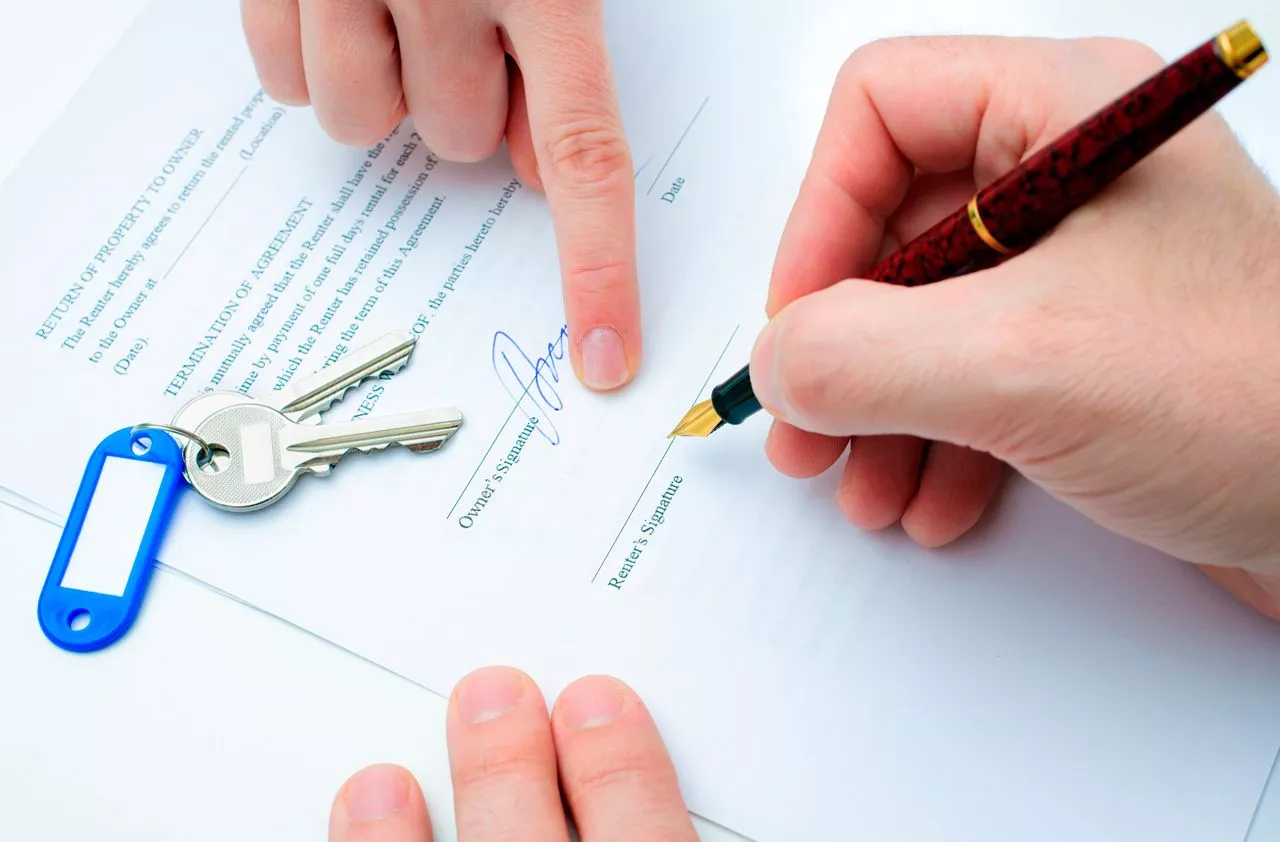
2. Tawtheeq
In 2011, Abu Dhabi Executive council number 4 introduced Tawtheeq as a registry of the landlords and every lease contract which is maintained by the Abu Dhabi Municipality (ADM). It is mandatory for every resident of Abu Dhabi to register their leasable property and tenancy contracts. Tawtheeq’s main benefits include:
<ol><li>All rental transactions are accredited by concerned official bodies. It makes transactions transparent and credible.</li><li>Transactions are processed promptly and are flexible, which saves time and effort.</li><li>The system provides historical data about properties and tenancy agreements for property owners and tenants.</li><li>Simple procedures ensure the quality and accuracy of information provided and facilitate the registration process.</li><li>Management companies and home-owners have the tools to handle and regulate their properties.</li></ol>
You may find two strange terms within the system: DMK-PR and DMK-EC. Both are ADM’s Microsoft Excel-based template for collecting the necessary information. The first is for the properties and leasable units. The second is for the existing tenancy contract information of rented units/properties and details of vacant units/properties. So Tawtheeq, the same as an Ejari, maintains a database of historical information about the property and landlords, making the rental process more secure for tenants. Tawtheeq requires all properties to be registered in advance, prior to contract signing, since it can take up to 30 days. A new tenancy contract registration in Tawtheeq costs AED 100, and unlike the Ejari, it is the landlord’s responsibility.
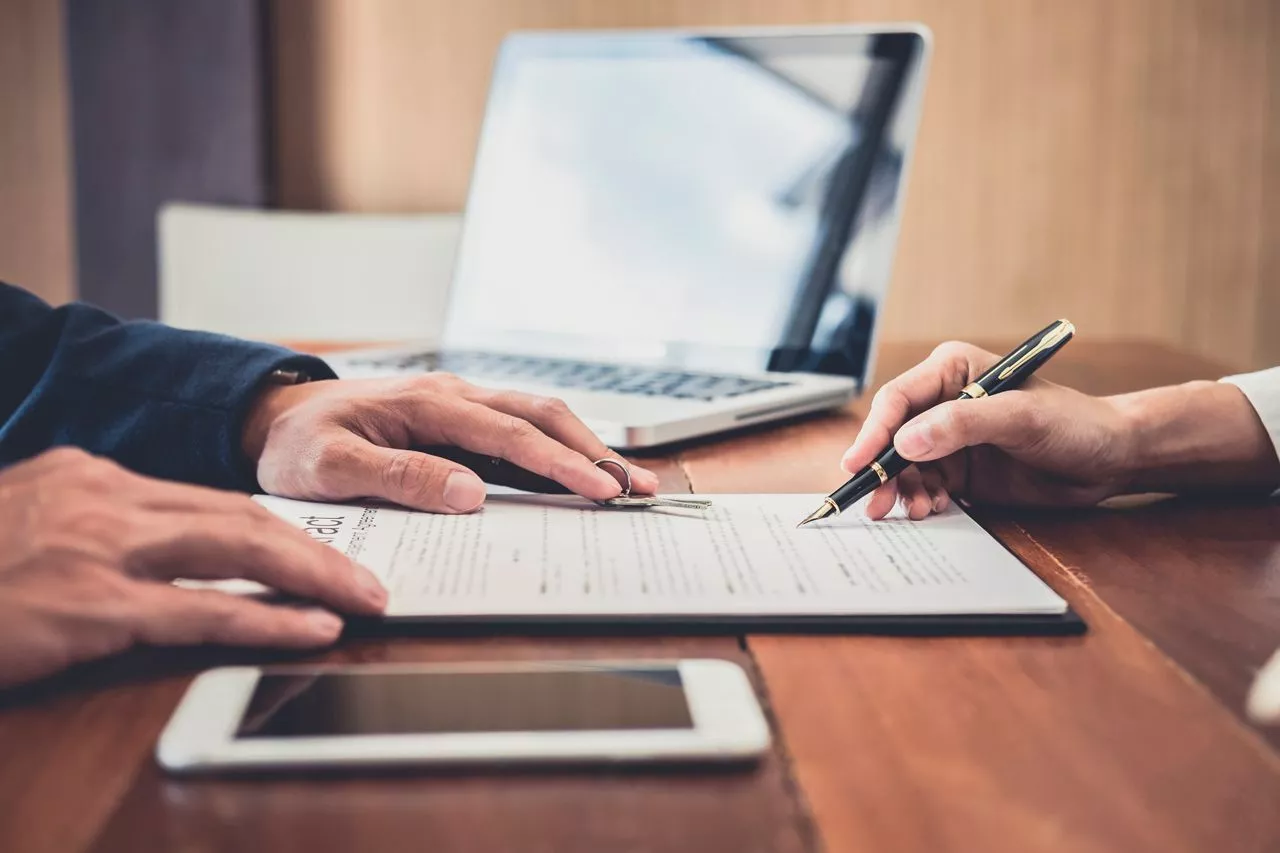
3. Tasdeeq
The Tasdeeq is Ajman’s system similar to Tawtheeq and the Ejari introduced in 2017 by His Highness Sheikh Rashid Al Nuaimi, the Chairman of Municipality and Planning Department. This user-friendly platform allows the tenants to request the registration services for both residential and commercial contracts. Thanks to automated processes and the latest technologies, all the procedures are simple and easy. ‘Tasdeeq’ is Arabic for ratification or attestation. Tenancy contracts are ratified to avoid disagreements between landlords and tenants and are formalized in Ajman. The platform services include:
<ul><li>Authentication of the Lease Contract for Residential Purposes and economic activities (Online)</li><li>Authentication of the residential contract for workers/staff</li><li>Authentication of Lease Contract for Investment Purposes</li><li>Authentication of All Lease Complaint Contracts</li><li>Issuing Certificates of Lease Contract Registration</li><li>Cancellation of Lease Contracts (Online)</li></ul>
Tasdeeq services’ fees vary depending on the type of request and is calculated on the contract value. Tasdeeq is a new registration system and is not mandatory, unlike in Abu Dhabi or Dubai. However, it may be only a matter of time before this becomes obilatory.
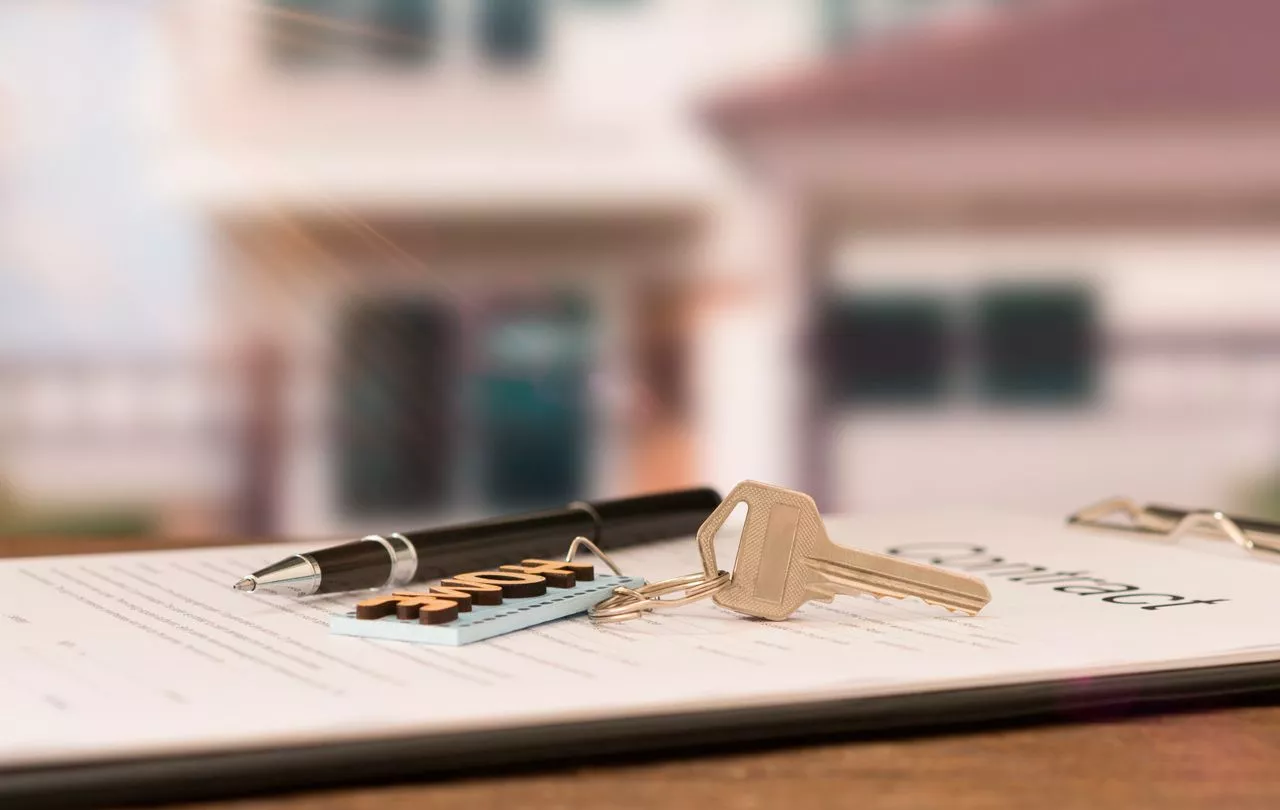
4. Musataha
This is not a very frequently used word in real estate but should be remembered carefully. It’s a type of lease that gives you permission to build and sometimes plant on the property. Usually, it lasts no longer than 50 years, however, its details are specified in separate laws of all seven Emirates. It’s an old process, as the first time it was defined was in Article 1353 of the UAE Civil Code (Federal Law No. 5 of 1985) (the “Civil Code”) as: “A right in rem conferring upon the owner thereof the right to build a building […] on the land of another.” Before 2002 it was the only way a foreigner could dispose of UAE property. While Musalaha is not a typical terminology used for freehold zones, some business community developers, such as Tecom and Dubai World Central, have authorized its use during the construction.
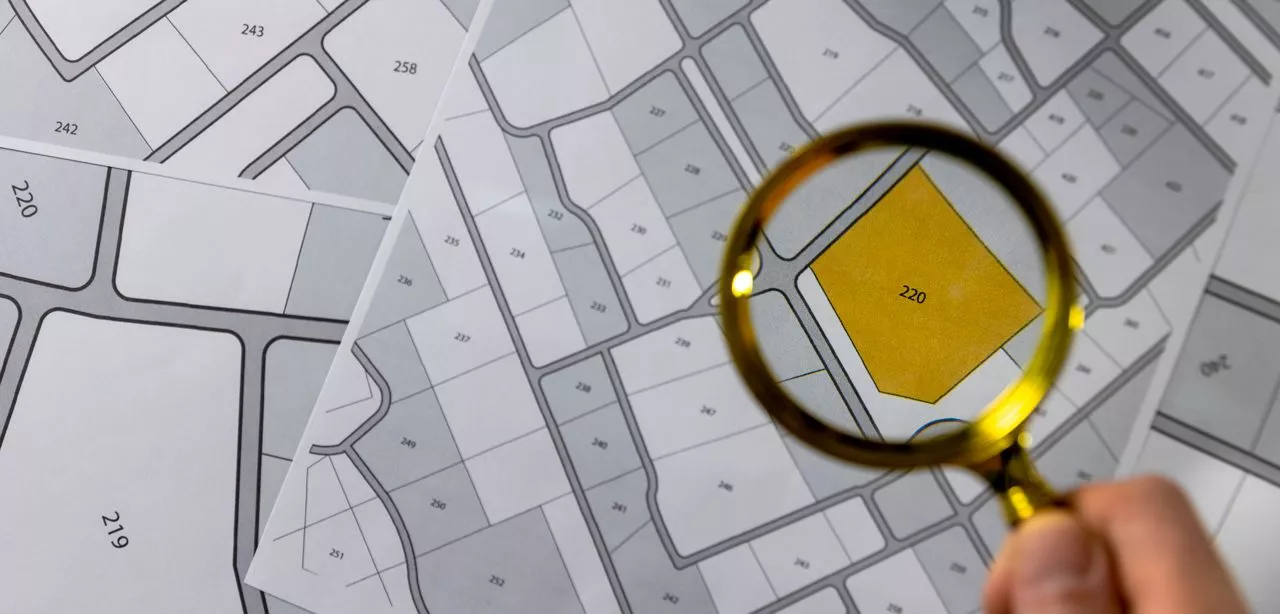
5. Ijarah
Ijarah is a new type of lease and system introduced by the Dubai Land Department. It is also known as ‘rent to own’. It is a lease contract wherein a bank leases property to the customer for a rental payment over a specified financing period. The bank promises to transfer the property title to the customer at the end of the financing period, provided all payments have been made. A buyer pays an installment that transfers to an equity account and then eventually becomes a property owner. Usually, the leasing period is from three to seven years. It is specified in Federal Law No 5 of 1985 (UAE Civil Code).
6. Makani
This system, initially introduced in Dubai in 2015, now is used all over the UAE. Its name means “my location” as it is given to all public and private buildings in the form of a unique code, a Macani Number. By using this code, tenants can find a property’s location, and also send a help signal in case of emergency via the Emergency Location Reporting feature.
7. Trakheesi
It’s a smart system that is used by Dubai real estate agents for different functions:
<ul><li>Issuance of licenses and permits for specific types of activities</li><li>Approvals for integration with property websites</li><li>Permissions for creation of apps and websites</li></ul>
The Trakheesi system integrates with Dubai Economic Development to pull the real estate agents’ data and sync licensing information, and to trace any changes in the license procedures (trade name change, licensing renewal, etc.) performed in DED. The system automates the issuance process of licenses and permits, plus, it’s easily accessible via the website and mobile apps (iOS and Android).
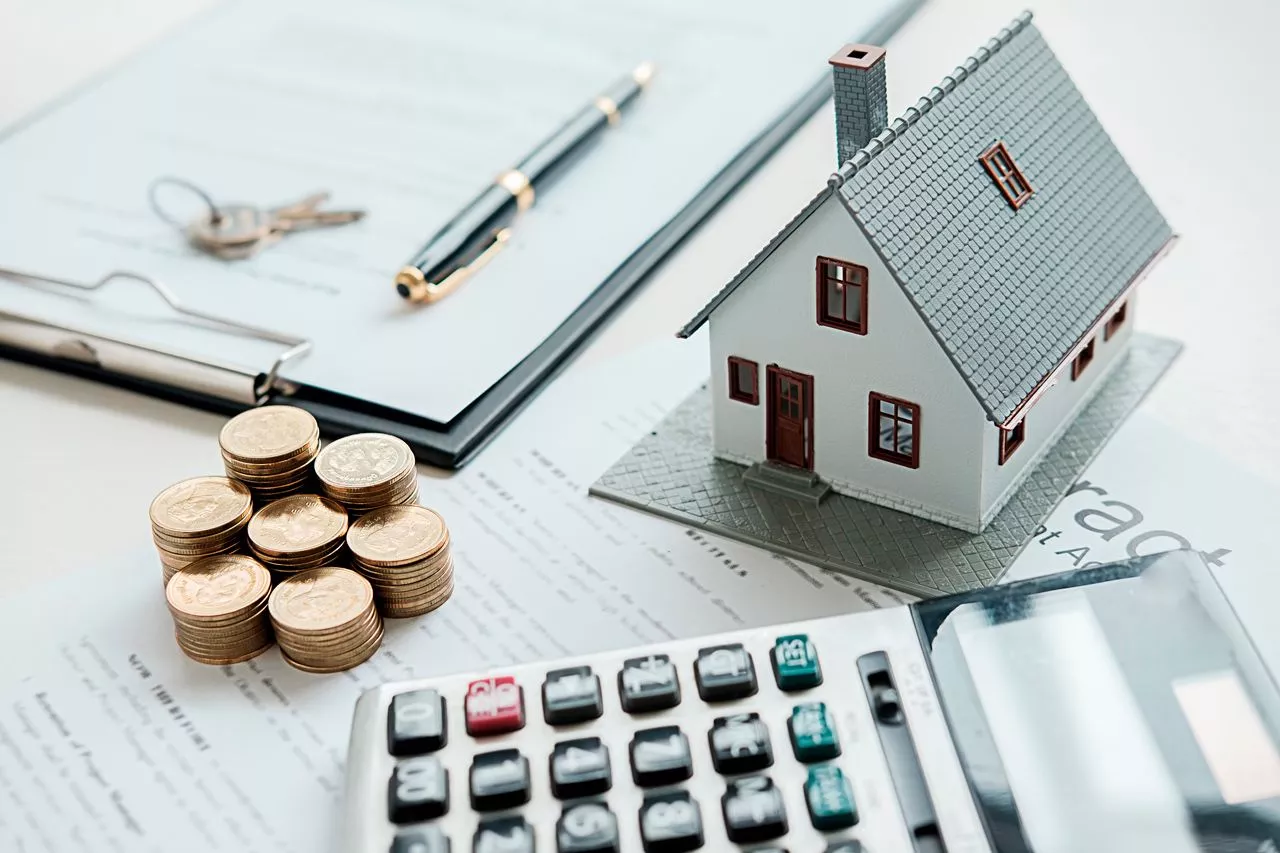
8. Oqood
If you are planning to invest in off-plan property, you should be familiar with this term. Oqood offers developers a set of tools to manage off-plan projects online. For example, it helps to register the initial sale without needing to visit the Dubai Land Department. Oqood means “a contract” in Arabic and allows parties to handle all the procedures related to off-plan properties, and also regulates and monitors the off-plan property market in Dubai. Oqood rules and regulations were set by real estate authorities in order to create transparency in off-plan sales. Eventually, it increases the investors’ trust in this type of real estate in Dubai.
9. Estidama
Estidama is a vital part of the Abu Dhabi Vision 2030 to bring sustainability to the real estate market which features the Pearl Rating System. According to Estidama, all buildings must achieve a minimum 1 Pearl Rating, and all government-funded facilities must obtain a minimum 2 Pearl Rating. This shouldn’t be confused with the green building rating systems such as LEED or BREEAM. Estidama is more than just ecology. It’s a philosophy of building a new sustainable future.
10. Al Sa’fat
This is Dubai’s programme, similar to Abu Dhabi’s Estidama, that encourages sustainable development in the real estate market. The project started in 2011 from the Municipality’s “Green Buildings Specifications’ which made sustainability obligatory for government buildings. In March 2014, these specifications became mandatory for all new projects. The main goal of Al Sa’fat is to reduce resource consumption and to promote alternative energy sources, such as solar energy and wind energy.
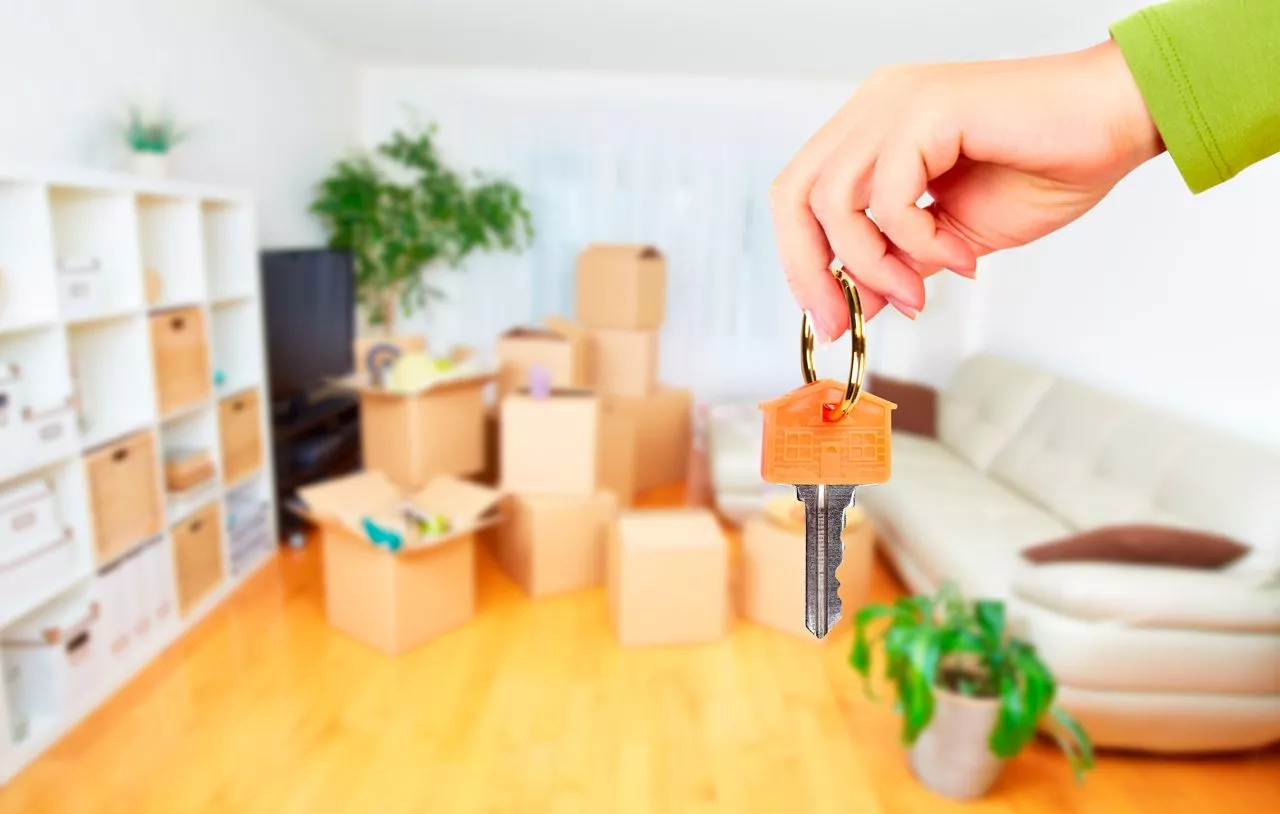
How can we help you?
Our highly-qualified real estate agents at Metropolitan Premium Properties will gladly guide you through the legislative system of Dubai in terms of property procedures and will explain not only any unknown terms, but also your rights as a potential buyer. We also offer full assistance during the course of the transaction, including finding an array of options based on your budget and requirements, interaction with a potential seller, preparing all the necessary paperwork and the ownership registration in the office of the respective municipality. Additionally, if you choose to invest in real estate as a commercial asset, we can help you benefit from the maximum profit and increase the capital value of your unit thanks to our property management service. As a result, you will be able you enjoy a lucrative yield from anywhere in the world without having to become a landlord.


